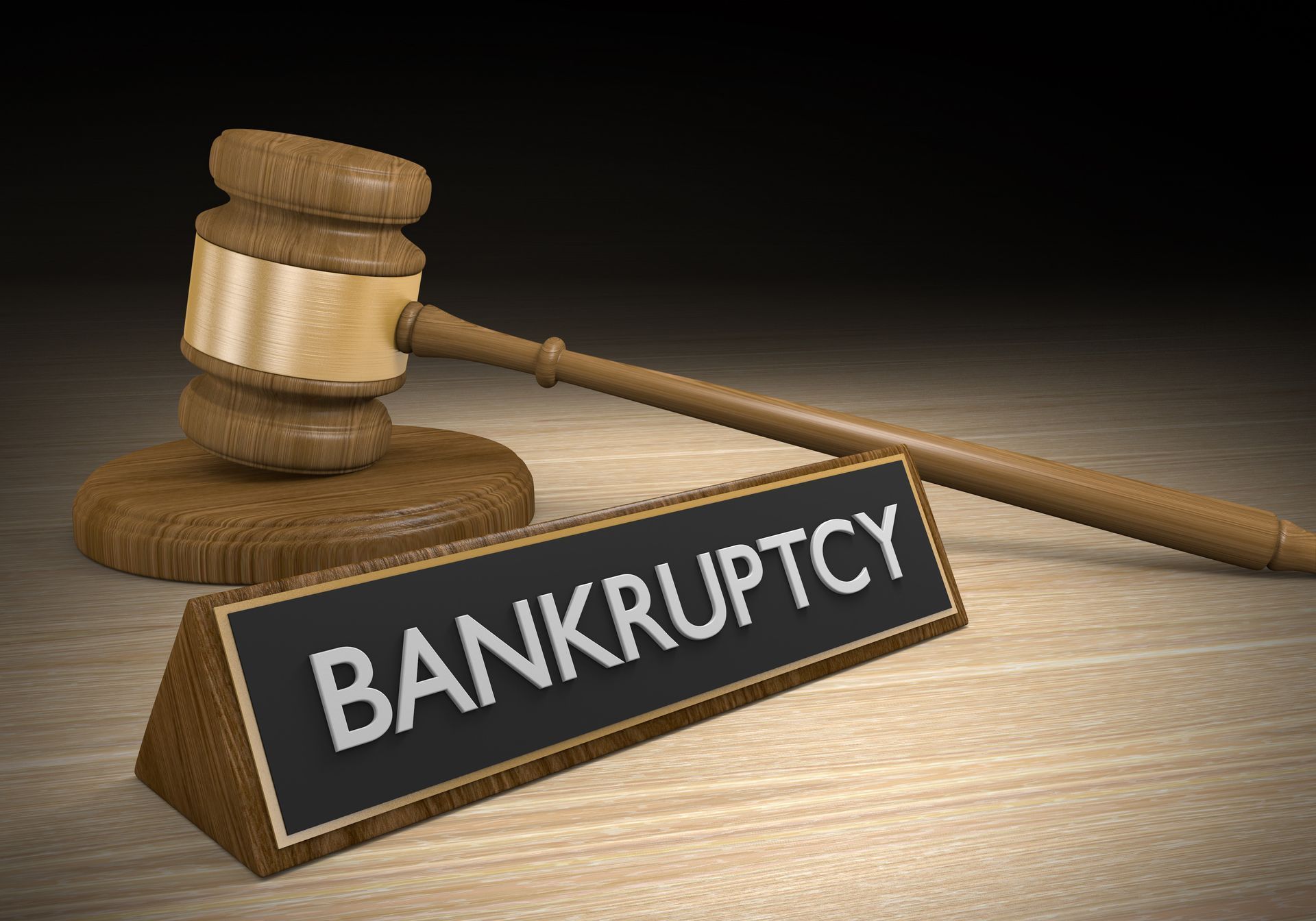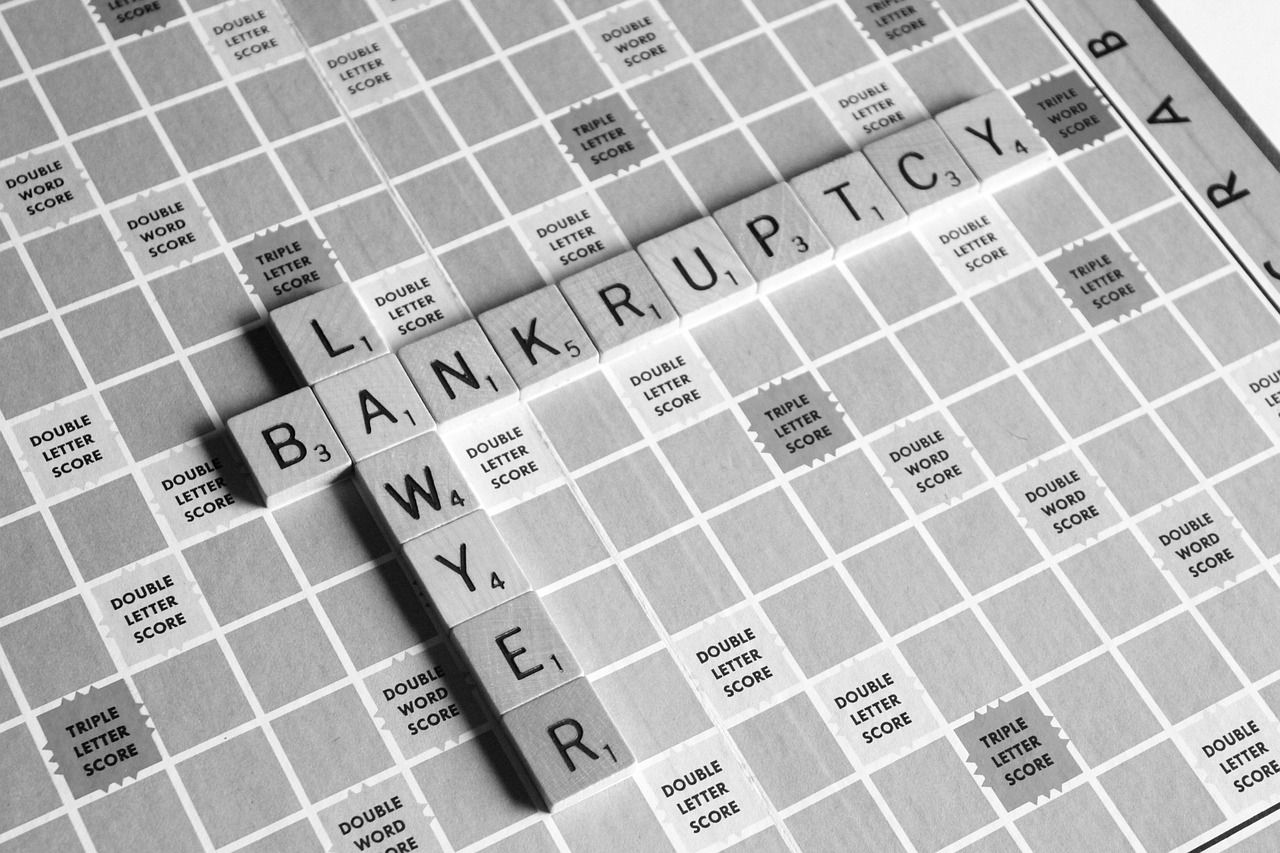Chapter 7 vs Chapter 13 Bankruptcy: Which is Right for You?
Chapter 7 vs Chapter 13 Bankruptcy: Which is Right for You?
If you're struggling with debt, you may be considering filing for bankruptcy. But which kind of bankruptcy should you file for? Chapter 7 and Chapter 13 bankruptcy are the two most common types of bankruptcy filed by consumers. They each have their own advantages and disadvantages, and which one is right for you will depend on your individual circumstances. In this blog post, we'll take a closer look at the differences between Chapter 7 and Chapter 13 bankruptcy, and who should file for Chapter 13.
Chapter 7 bankruptcy, also known as "liquidation bankruptcy," is a fairly quick process in which a bankruptcy trustee sells some of your assets to pay off your debts. Most unsecured debts (like credit card debt and medical bills) are discharged, meaning you won't have to pay them back. Chapter 7 bankruptcy is a good choice for people with low income and few assets. However, if you have a lot of assets, including a house, a car, or investments, Chapter 7 may not be right for you, as those assets could be sold to pay off your debts.
Chapter 13 bankruptcy, on the other hand, is a longer process in which you repay some or all of your debts over a three to five year period. This type of bankruptcy is meant for people with a regular income who want to keep their assets, such as a home or car. In a Chapter 13 bankruptcy, you'll repay your debts through a payment plan that lasts up to five years. This payment plan is based on your income and expenses, and will be overseen by a bankruptcy trustee.
So who should file for Chapter 13 bankruptcy? If you have a regular income but are struggling to make your debt payments, Chapter 13 can help you get back on track. It can also be a good choice if you want to keep your assets, like your home or car. Chapter 13 can stop foreclosure proceedings and allow you to catch up on missed mortgage payments over time. However, you'll need to have enough income to make the payment plan work, and you'll have to follow a strict budget.
At The Law Office of Jason Cline, we understand that bankruptcy can be a difficult and emotional process. That's why we offer compassionate and knowledgeable legal assistance for those considering Chapter 7 or Chapter 13 bankruptcy. We can help you understand your options and determine which type of bankruptcy is right for you. Our legal team has years of experience helping Albuquerque residents with bankruptcy matters, and we've helped many individuals and families get a fresh start.
In conclusion, if you're considering filing for bankruptcy, it's important to weigh the pros and cons of Chapter 7 vs Chapter 13 bankruptcy. Chapter 7 is a good choice for people with low income and few assets, while Chapter 13 is better suited for those with a regular income who want to keep their assets. At The Law Office of Jason Cline, we can help you navigate this complex process and determine which type of bankruptcy is right for you. Contact us today to schedule a consultation and take the first step towards a debt-free future.









